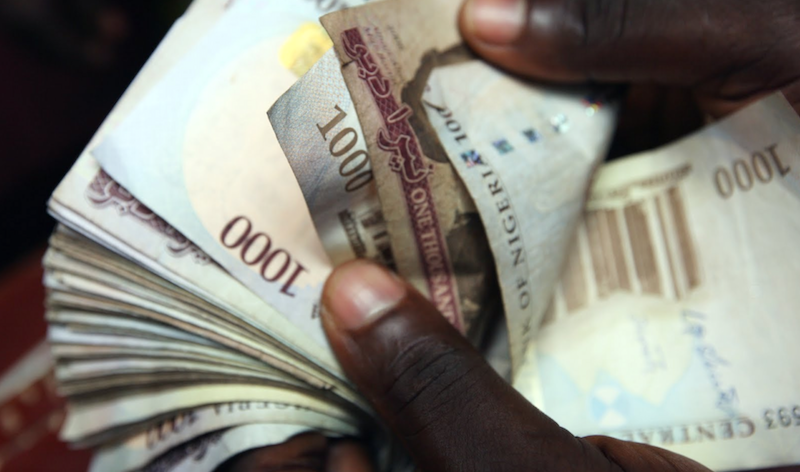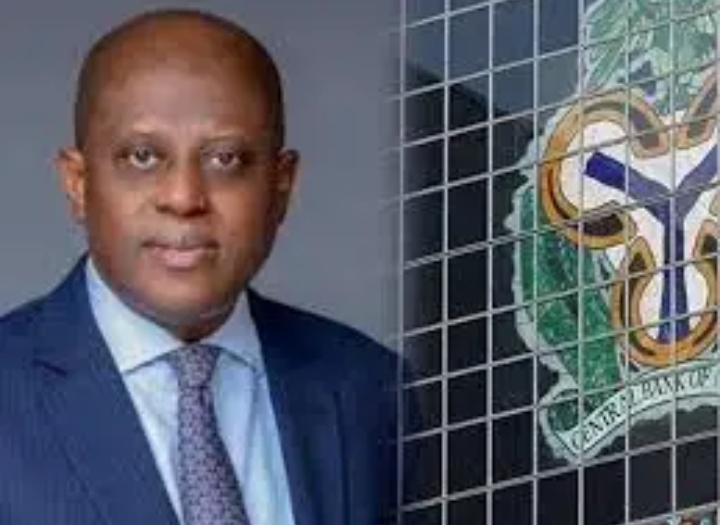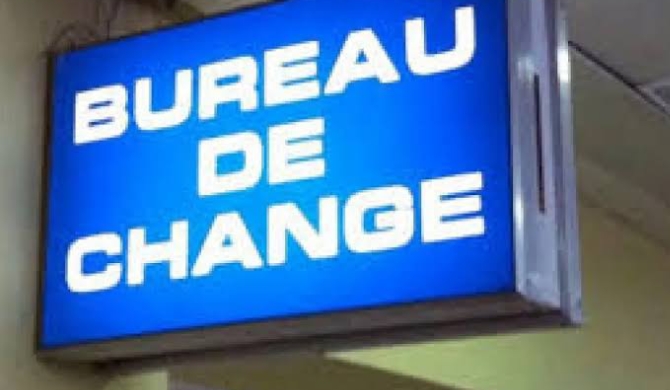The Lagos Chamber of Commerce and Industry (LCCI) has advised the Central Bank of Nigeria (CBN) to apply an import duty exchange rate lower than the official rate for a fixed time.
LCCI’s Director General, Dr Chinyere Almona, gave the advice on Wednesday in Lagos, in reaction to the outcome of the 295th Monetary Policy Committee’s (MPC) meeting on Tuesday.
The MPC raised the Monetary Policy Rate (MPR) by 150 basis points from 24.75 per cent to 26.25 per cent while the Liquidity Ratio (LR) remains unchanged at 30.0 per cent.
Also, Cash Reserve Ratio (CRR) was retained at 45.00 per cent for deposit money banks and 14 per cent for merchant banks while the asymmetric corridor was retained at +100/-300 basis points around the MPR.
According to Almona, the call to apply a lower import duty is to help businesses plan better and serve as a palliative that benefits a high proportion of the populace.
She recalled that the LCCI had earlier in the year called on the government to implement specially targeted support for strategic industries.
She said that as inflation continued to rise in spite of the various interventions by monetary and fiscal authorities, more decisive and multifaceted action to stabilise prices and support citizens’ purchasing power must be taken.
“We acknowledge that curbing inflation and stabilising prices are not easy steps to take, especially as we strive for reasonable growth to create jobs and reduce the poverty level in Nigeria.
“The inflation rate rose to 33.69 per cent in April and in direct response to this persistent rise in inflation, the CBN hiked the benchmark interest rate by 150 basis points to 26.25 per cent from 24.75 per cent.
“With several hikes in the past months, we are yet to record a significant impact on stabilising prices and the twin burden of high inflation and interest rates is overheating the economy and causing increased volatility and uncertainty.
“The private sector is once again thrown into more profound loan repayment crises as interest rates adjust to the new monetary policy rates.
“We are likely to see a reduction in demand as purchasing power weakens and this may lead to lower industrial production and loss of jobs eventually,” she said.
Almona also emphasised the need to implement targeted fiscal and monetary interventions that could boost food production, lower the cost of doing business and overhaul transport infrastructure.
She added that these interventions would increase investment in innovative security architecture driven by technology, create a more enabling environment for the power, oil and gas sectors, and boost non-oil exports.
The LCCI’s Director General said the ongoing debate on a new minimum wage for Nigerian public workers was becoming a critical variable in the discourse.
Almona said that the government should begin to plan for the massive commitment of resources for the implementation of the new minimum wage when parties finally reach an agreement.
“This calls attention to reducing the cost of governance, eliminating duplicate functions in government agencies through mergers, and investing more in the deployment of technology to automate some government processes.
“Beyond the instrument of rate hikes to curb inflation, economic managers should consider non-cash interventions to reflate the economy without necessarily increasing the currency in circulation.
“If this tightness continues, we should not expect to achieve our growth projection of about 3.37 per cent this year.
“Government should seek more options to support industrial productivity and fight insecurity.
“It should invest more in infrastructure like power and transportation, deploy more technology for automation to ease the cost of doing business, and give a boost to non-oil exports to increase our foreign exchange earnings,” she said.




